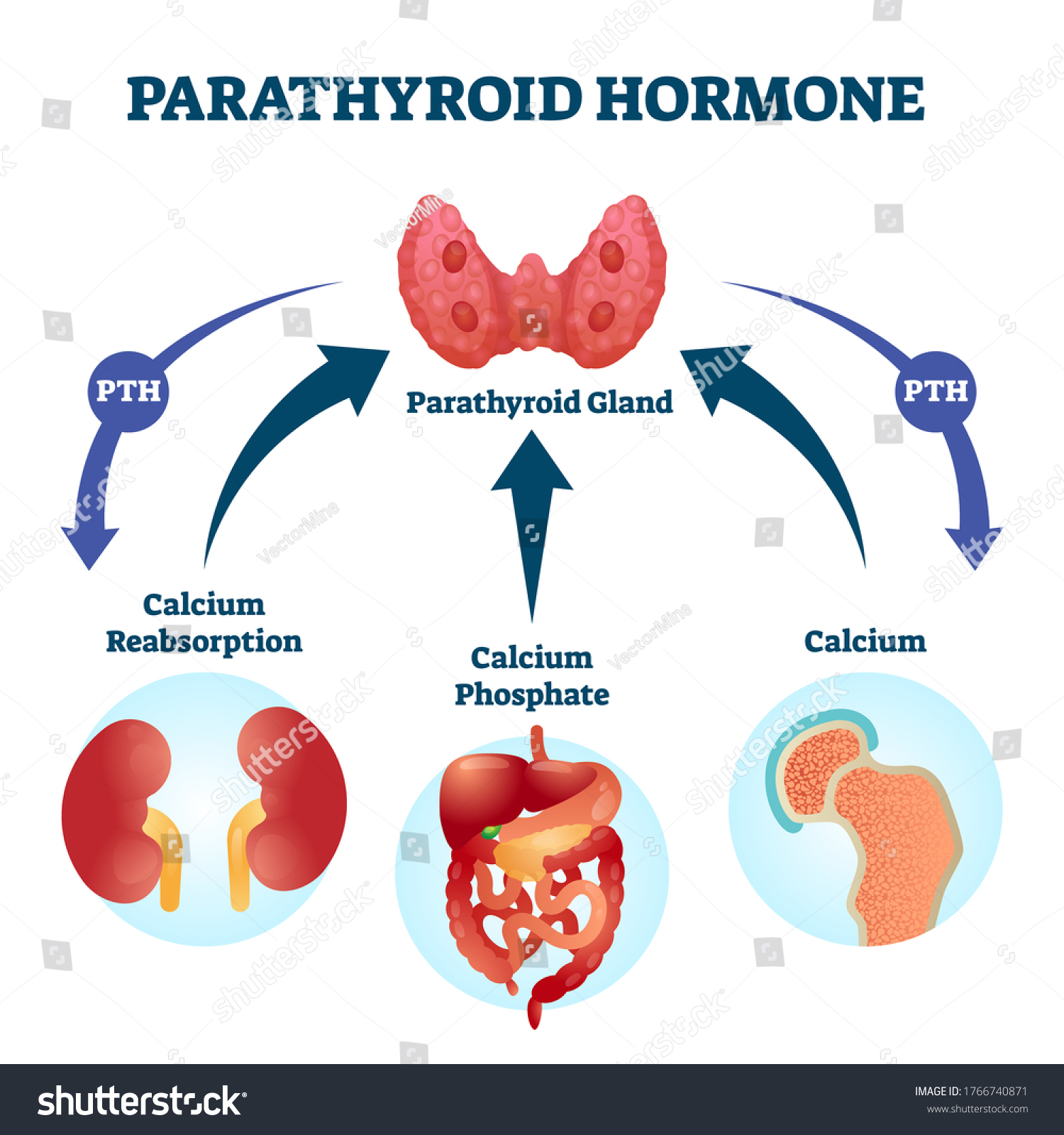PARATHYROID HORMONE (PTH)-INTACT
Parathyroid hormone (PTH), also called parathormone , is secreted by the parathyroid glands that regulates the serum calcium through its effects on bone,kidney, and intestine.PTH influences bone remodeling, which is an ongoing process in which bone tissue is alternately resorbed and rebuilt over time. PTH is secreted in response to low blood serum calcium (Ca2+) levels. PTH indirectly stimulates osteoclast activity within the bone matrix (osteon), in an effort to release more ionic calcium Ca2+) into the blood to elevate a low serum calcium level. The bones act as a (metaphorical) "bank of calcium" from which the body can make "withdrawals" as needed to keep the amount of calcium in the blood at appropriate levels despite the ever-present challenges of metabolism, stress, and nutritional variations. PTH is "a key that unlocks the bank vault" to remove the calcium. PTH is secreted primarily by the chief cells of the parathyroid glands.Its action is opposed by the hormone calcitonin
^Clinical Use
• Diagnose hyperparathyroidism
• Monitor severity of secondary hyperparathyroidism in chronic renal failure
• Discriminate primary hyperparathyroidism from tumor hypercalcemia
^Increased Levels
• Primary hyperparathyroidism
• Secondary hyperparathyroidism
• Renal failure
• Pseudohypoparathyroidism
^Decreased Levels
• Hypoparathyroidism
• Hypercalcemia of malignancy
^Notes
1. Test results should be interpreted in conjunction with serum calcium and phosphorus levels, and clinical findings.
2. Elevated PTH with normal serum calcium levels may be indicative of Secondary causes of hyperparathyroidism like vitamin D
deficiency. It may not always be indicative of Primary hyperparathyroidism.
3. PTH is secreted in a pulsatile manner with an overall circadian rhythm characterized by a nocturnal rise



